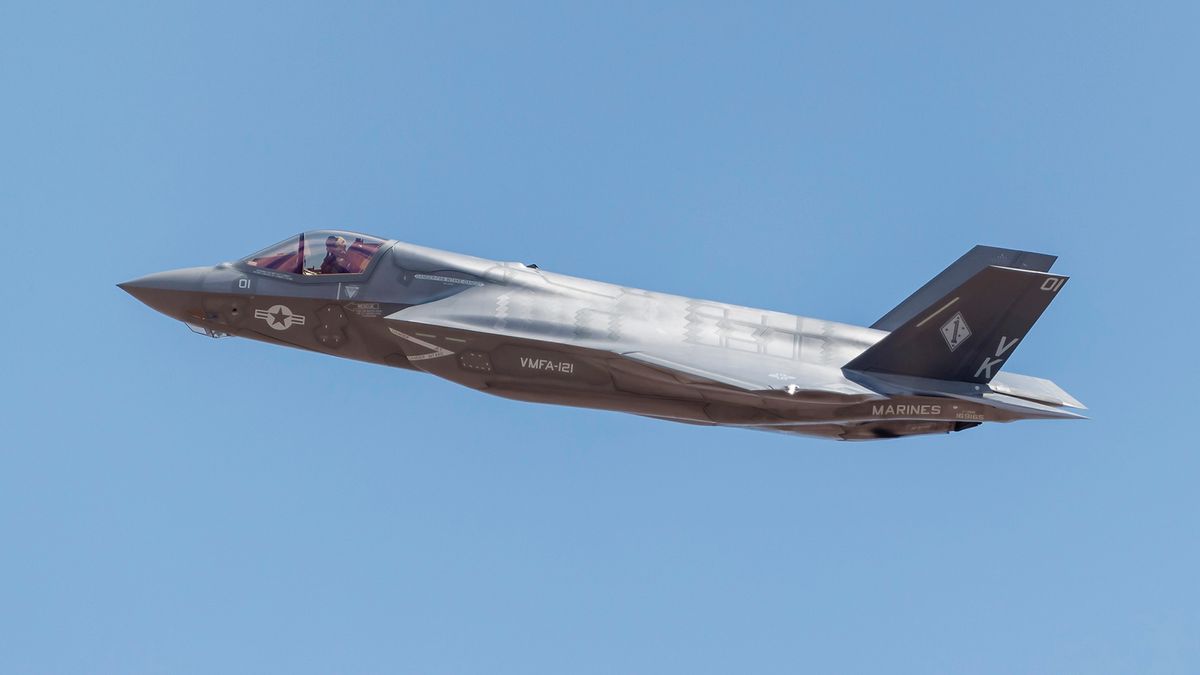J
jbcarioca
Guest
Russian business has used VPN's for years. They used PPTP almost formats' beginning, when a Microsoft clever guy invented it. When Wikileaks happened and Russian data restrictions plus Estonian hackers, (the same people who invited Skype a few years later) Russian business people became even more paranoid, especially as they dependency on Cyprus, et al skyrocketed. Once VPN itself made it really easy and helped both security and easy global telephony/data movement, Russian business moved very, very fast.You’re absolutely right, and it’s happening in real time. Here’s an article about Russians downloading VNP (virtual private networks) to get information:

More than 4.6 million Russians have downloaded VPNs following media bans: Report - Washington Examiner
Virtual private networks have surged in Russia in the aftermath of its invasion of Ukraine — and in even greater numbers since the country's crackdown on mass media. In total, the top 10 VPN apps have been downloaded more than 4.6 million times in Russia since the beginning of the invasion Feb...www.washingtonexaminer.com
Virtual private networks have surged in Russia in the aftermath of its invasion of Ukraine — and in even greater numbers since the country's crackdown on mass media.
In total, the top 10 VPN apps have been downloaded more than 4.6 million times in Russia since the beginning of the invasion Feb. 24. This allows Russian users to browse the internet freely despite countrywide bans.
Here’s an article on how activists are sneaking news into Russia:
“We’ve seen the powerful role that civil society can play in telling the story of Ukraine, advocating for its interests, and rallying international support,” says Jack Pearson, a foreign policy communications specialist who previously worked for the UK Foreign Office specializing in digital diplomacy. “Now we’re seeing efforts from communities around the world to break the Kremlin’s information stranglehold, to reach ordinary Russians.”
My analysis is that the greater the lie Putin spins, the greater the setback he’ll face in the end. The longer this drags out, the effectiveness of his misinformation campaign diminishes. Putin is bluffing, Ukraine needs to call his bluff and press on.
Since, as data security issues, data espionage and data as a manipulative force combined all this because a central focus, and the smart young ones split between government and private. Bizarrely all of this has remained a bit short from really widespread. The security forces wanted to manipulate but not to educate the low level military , even Generals. The business types want to keep this close too, so to reduce they own risk from things like ATM network penetration.
Fast forward to now. The Ukrainians have pretty adept technologies, aided in major ways by the always up-to-the-second Estonians who pretty much lead the world (to the chagrin of the US, Indian, Chinese etc who really wish that were not so). Now we have the Ukrainian child, now 31, Deputy Prime Minister
Fedorov Mykhailo who recruits Elon Musk, Tim Cook and others and who knows exactly how all these things really work.
Bluntly, all this tech is one huge reason for Ukraine success, The savvy Russians know it, but the best fo them don't mind screwing up the odd foreign election, but they really, really don't want interference from an elderly technophobe with delusions of grandeur. So...we are at today. Many of those people once were part of the nuclear brain force, but moved to business in Moscow and Saint Petersburg.
Note: This combines things I know and things that seem likely to me. I might be quite wrong. The history pert is pretty much accurate, if very, very superficial.








